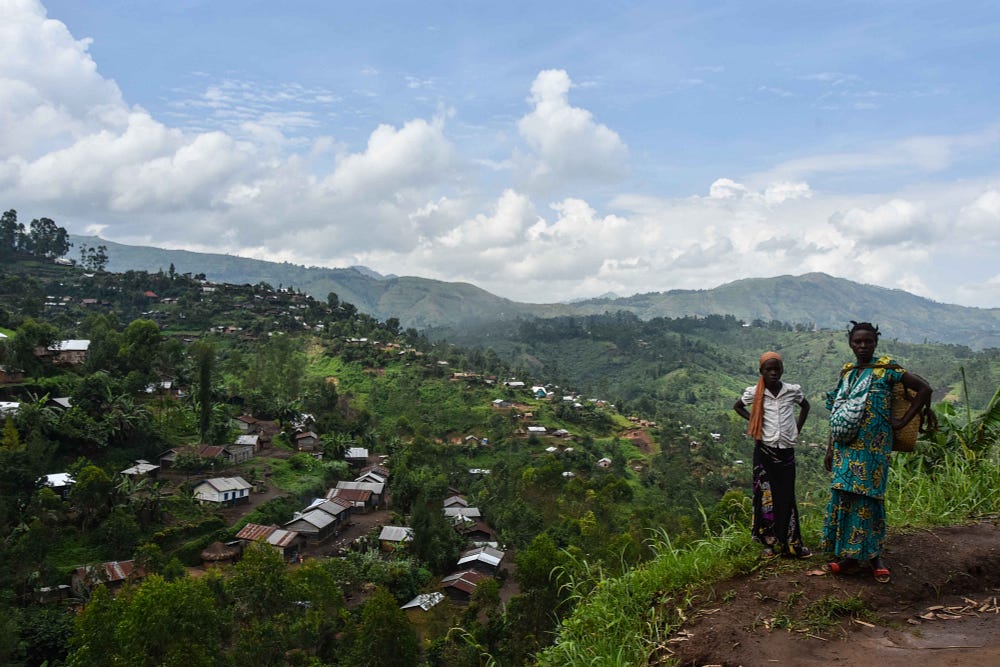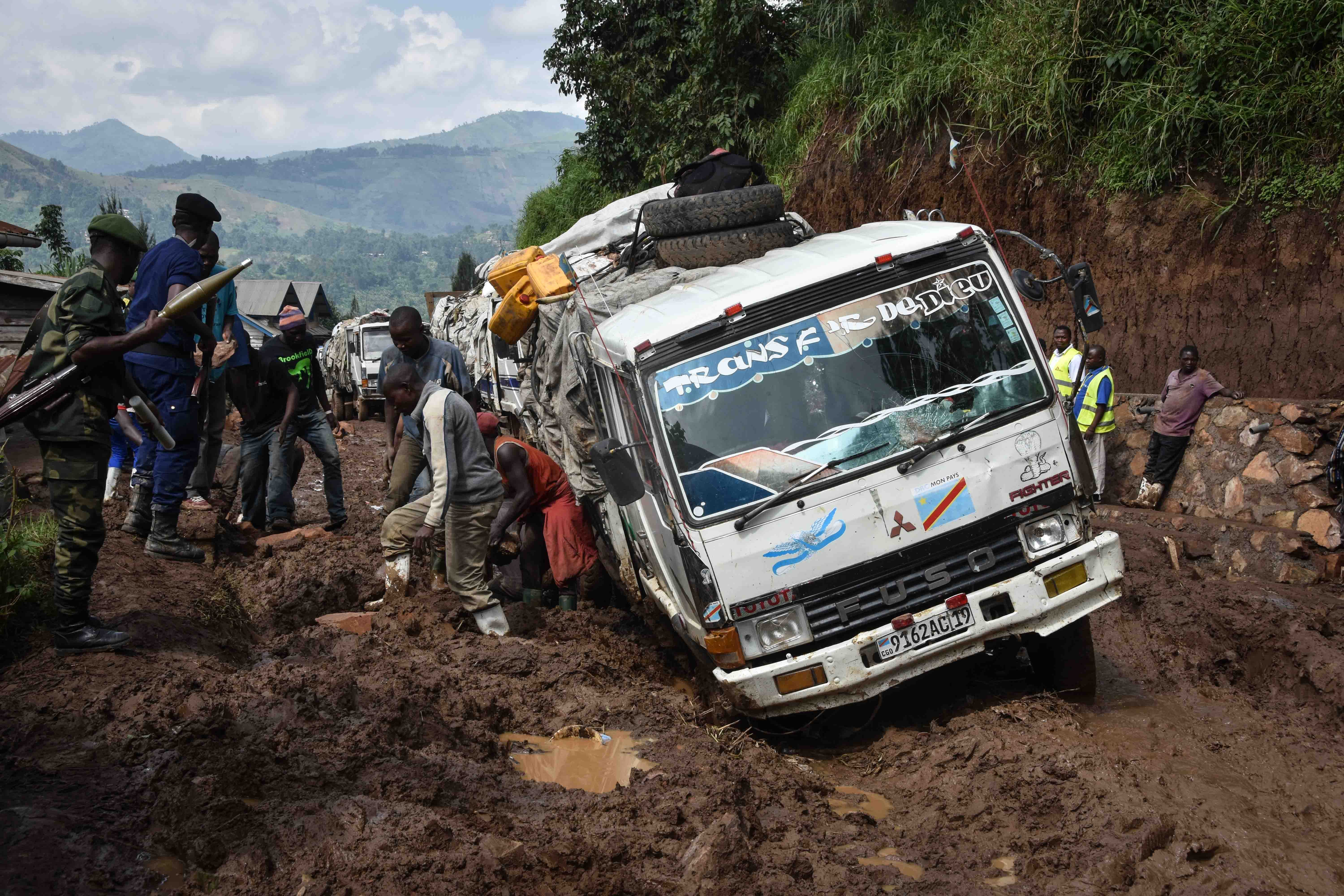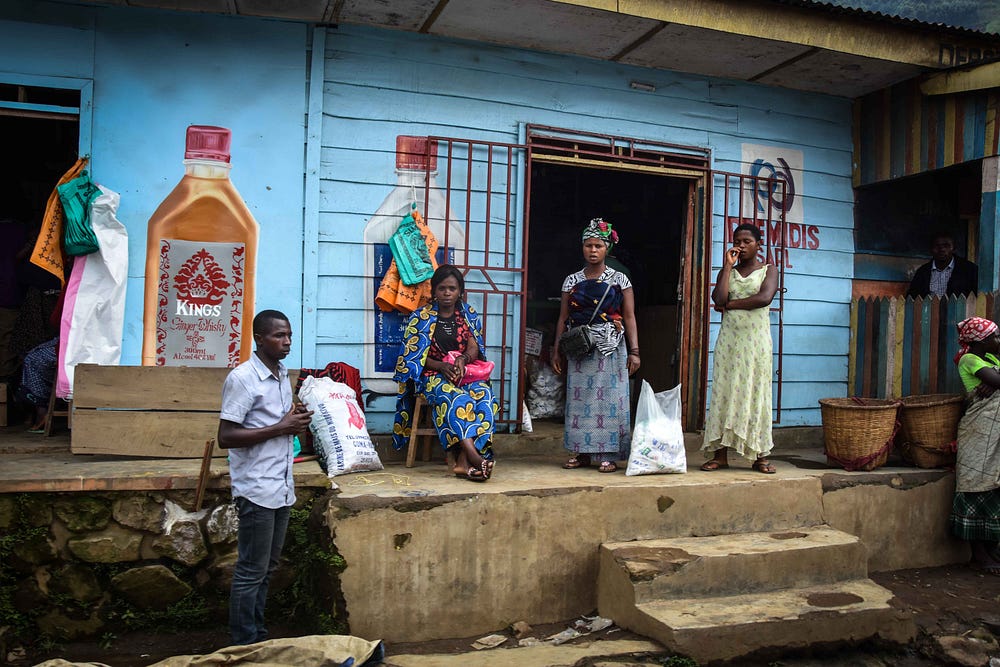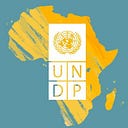Hydro power boosts development in the DR Congo
Rural electrification helps tackle instability and provides livelihoods
The Masisi Territory in the North Kivu Province of the Democratic Republic of Congo is renowned for its green hills, cattle breeding and excellent cheese, but the region suffers from isolation and has weak basic infrastructure that affects residents’ daily lives, particularly their ability to find meaningful work.

Lack of energy is one of the major obstacles to development in this rural area, hampering job creation and economic opportunities for young people and women.
Only nine percent of Congolese are on the electric grid.

Yet the country is at the centre of an immense hydrographical basin which receives 30 percent of the annual precipitation of the entire African continent. DRC’s hydro potential is estimated at more than 700 TWh/year, eight percent of the world’s potential, but less than three GW is being exploited.
A micro hydro power plant in the Masisi was completed in 2017, with the aim to supply more than 40,000 people with electricity.
The plant helped address instability and social tensions by offering income generating activities to young people and women, increasing basic social services and tackling the rural exodus to the cities.
Part of a recovery and peacebuilding project, it was funded by the Republic of Korea and implemented by UNDP.

The hydro power plant operates with a catchment on the River Wau 600 metres away. The water flows downwards over 100 metres to build pressure and fuel two turbines with a total capacity of 350 Kw.
The area is inaccessible and the work had to be carried out by hand, requiring significant efforts from the community.


“The supply of electricity to communities will constitute a factor of stabilization and of sustainable development for the Masisi. It is imperative that national and district efforts now ensure maintenance and manage efficiency, as well as the equitable distribution of the opportunities that will result from this project,” said former UNDP DRC Country Director Priya Gajraj.

“Rural electrification leads to rural development. It helps, for example, relieve women who are responsible for agricultural processing and manufacturing. Access to energy will also make it possible to conserve food such as milk and boost livestock development. We will soon be able to build dairies and preserve our cheese,” said Christophe Ndibeshe Byemero, Provincial minister of Agriculture, Livestock, Fisheries and Rural Development.

The plant powers more than 200 households, 16 small shops and 16 public administration offices, and the distribution network is being expanded to neighbouring communities. A local electrification and development committee of 15 members, including five women, has been set up to ensure that the plant and distribution network are efficiently managed.
Renewable energy is undoubtedly a factor of stabilization and prosperity for the Masisi, and the Government partnered with UNDP and the Global Environment Fund to accelerate its rural electrification strategy by promoting investment in mini and micro-hydro power based-minigrid systems.
A UNDP-organized workshop took place in Goma in August 2019 under the theme ‘Powering Central Africa is possible’.
Seven countries were represented at the event: Burundi, Cameroon, Congo-Brazzaville, Equatorial Guinea, Central African Republic, Sao Tome and Principe and Rwanda.
They also have the DR Congo’s immense hydro potential and are committed to join efforts in mobilizing resources.

Photos: UNDP DRC/ Aude Rossignol, April 2017
